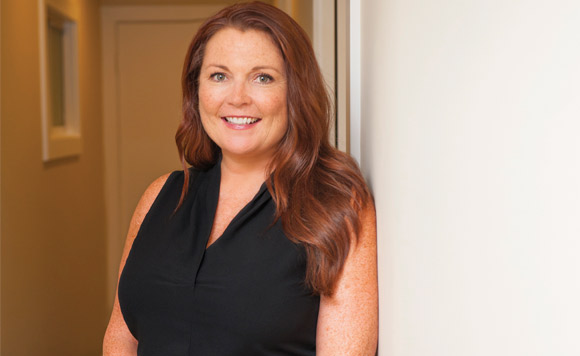Words Donna M. Stewart, Audiologist/Owner, Hear Inc.
One of the most common things I hear as an audiologist is: “I can hear, but things just don’t sound clear.” If that sounds familiar, you may be experiencing the early signs of hearing loss. But how do you know when it’s really time to consider hearing aids?
Hearing loss rarely happens overnight (but if it does, go to Emergency!). It’s typically a gradual process that sneaks up on people. Because the decline is so subtle, it’s often family members or friends who notice the problem first.
Signs It Might Be Time
Here are some telltale signs that your hearing is no longer keeping up:
• You frequently ask people to repeat themselves.
• You get annoyed by a spouse who speaks to you with their back turned or from the other room.
• It seems like people aren’t enunciating properly.
• You find it harder to communicate in noisy places like restaurants or group settings.
• You turn up the TV or radio louder than others prefer.
• You think “young people” speak too quickly.
• You have greater difficulty understanding people with accents.
• You feel mentally fatigued after long conversations from the effort of listening.
• Friends or loved ones say you’re not hearing them clearly.
These signs suggest that your brain is working overtime to fill in the blanks for the parts of speech you’re not hearing, which can lead to frustration, withdrawal, and even cognitive strain.
What to Do Next
If any of this sounds familiar, the first step is easy: book a hearing test. The audiologist will conduct a range of easy and painless tests, explain the results and make recommendations. If medical intervention is needed, you’ll be referred to your physician. If you’re a good candidate for hearing aids, they will be prescribed based on your hearing loss, lifestyle, aesthetic preferences and budget, and an in-clinic demonstration can be conducted.
If you decide to proceed, a hearing aid fitting appointment will be scheduled and the audiologist will spend a significant amount of time (about 90 minutes) verifying the physical and acoustic appropriateness of the hearing aids, as well as orienting you to the “care and feeding” of your new hearing devices.
From there, most clinics offer a 90-day trial period. This is a great opportunity for you to get adapted to the new way things sound in your everyday life. The hearing aids are tweaked as needed during the trial. At the end of the 90 days, you can either keep the hearing aids, exchange them for something else, or return them for a refund (generally there is a non-refundable portion to cover the cost of appointment times, couriers, etc.).
You don’t have to wait until your hearing is “too bad to get by.” If your hearing is interfering with your quality of life – even a little – it’s worth exploring solutions. Hearing well is about staying connected, confident and engaged. When your ears start falling behind, hearing aids can help you keep up.




